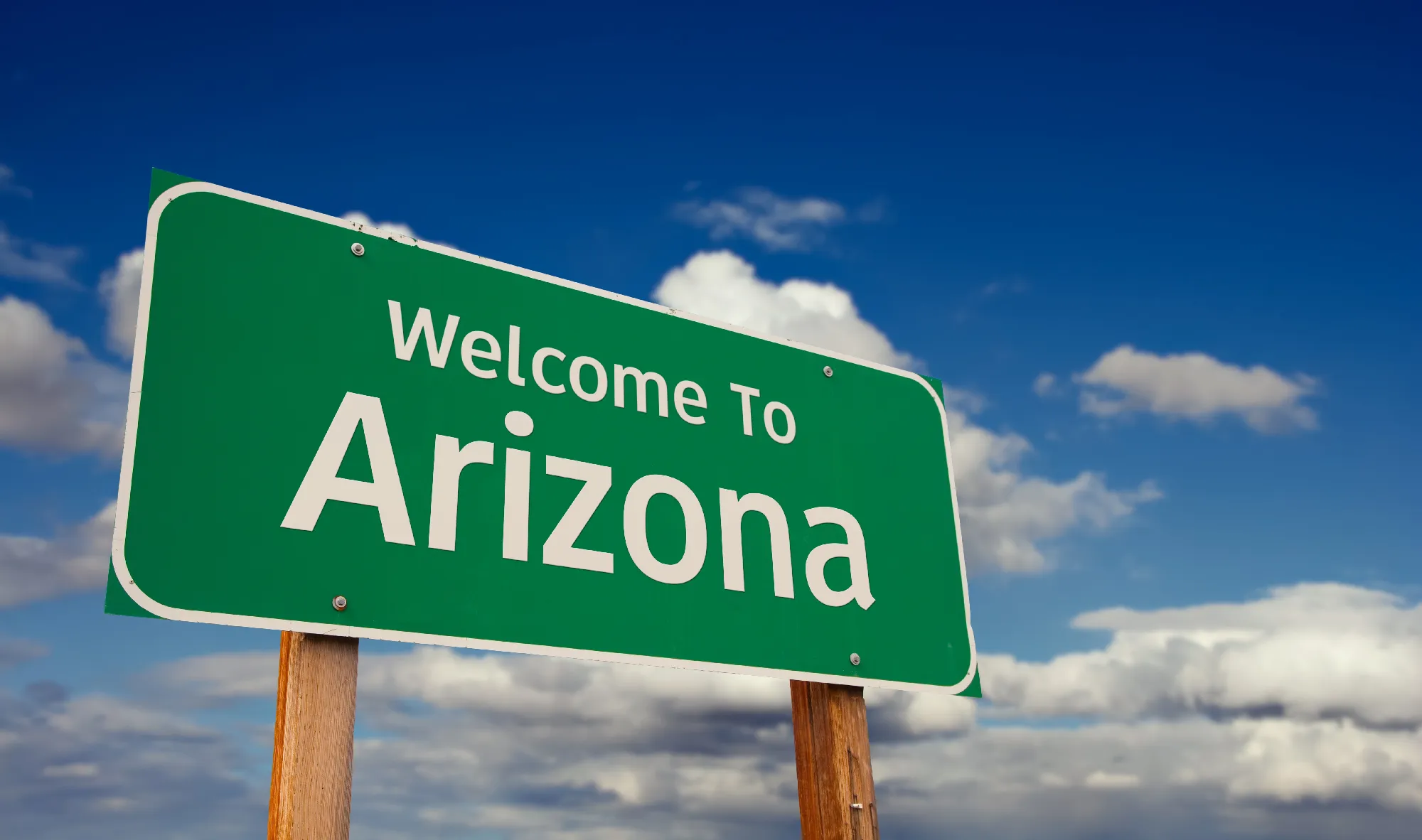table of contents
Within the first 22 days of 2025, over 40,000 acres of California land have already been consumed by fires. This devastating and rapidly evolving fire has destroyed over 12,000 homes.
If your home is in California and in the path of the fires, you may be wondering — are wildfires covered by insurance? California fire insurance coverage is often very complicated because several insurance policies may come into play, and you’ll need to be aware of all the terms and conditions associated with each of your policies.
You’ll also likely face an uphill battle, even if you are covered by your policy. After all, insurance companies will be looking for any way to minimize your payout so they can cut their losses. The good news is that our team here at Kermani LLP can offer fire insurance claim assistance to ensure you get the coverage you’re entitled to receive. We currently have legal offices based in Santa Monica and San Francisco, so you can rest assured knowing that we understand what you’re going through.
Learn more about California fire insurance coverage and how our legal team can help you with filing a claim below.
Understanding Fire Damage Insurance Policies
If your home has been damaged in a California fire, then the first thing you need to do is identify all your available fire insurance coverage options. Depending on the policies you have, you could potentially have multiple sources of recourse.
For instance, if your home was burned, then you might have coverage under a California homeowners insurance policy. If your car was destroyed, then you may have recourse through an auto insurance policy. You might also have some form of coverage if you were renting out the property, had a renter’s insurance policy, and lost valuable property in the fire. If you own a business, then you might have some recourse through a business insurance policy.
Collect all your insurance policies and read through the coverage sections of your agreements. This step will help you better understand your options and coverage levels.
What Does a Standard Homeowners’ Policy Cover?
If you have a standard homeowner’s policy, then you should also have home fire insurance coverage, including damage caused by a wildfire. You’ll need to read through your policy carefully, though, to ensure that you’re covered. Here are some of the terms to look out for in your policy:
- Dwelling coverage: This coverage will compensate you for the amount needed to rebuild a home of like quality or the actual cash value of the destroyed home and other covered structures.
- Contents and valuable articles coverage: This coverage will compensate you for your personal property that was inside the home when the fire destroyed it.
- Loss of use or additional or extra living expenses: This coverage will cover the reasonable increase in your normal living expenses that are necessary to maintain your standard of living after your home is destroyed.
- Fair rental value: If your home was being rented out to others, then this coverage will provide for the rental value of the home.
- Forced evacuation expenses: This compensation will cover the money it takes to evacuate under an evacuation order even if there was no damage to your home.
If you’ve read through your policy and still aren’t sure about what’s covered, then it’s a good idea to consult with a lawyer who can help. The right attorney will be able to pinpoint exactly what should be covered and what won’t be reimbursed under the policy terms. A good attorney will also advocate with you if you receive any pushback from your insurer.
Key Differences Between Homeowners’ and Renters’ Insurance
A standard homeowners’ policy will cover the rental value of the home if it was being rented out before the fire, so this policy is best for California homeowners. It protects the owner of the home only. If you are only renting out your unit or home, then you’ll take out a renters’ insurance policy. A standard renters’ insurance policy will cover your personal belongings in fire damage insurance claims. Personal belongings coverage will only apply to the items inside the home that were insured and documented prior to the fire.
The biggest difference between these policies is who it benefits. A homeowners’ policy benefits the homeowner, and the renters’ policy benefits the renter.
Optional Coverage: What You Need to Know About Auto Policies
Was your vehicle damaged in the recent fires? If so, then you’ll need to thoroughly review your auto insurance policy. Typically, a standard policy will not cover damage caused by a fire. That said, most insurance companies do offer optional coverage as part of a comprehensive coverage plan, which might provide some recourse. This type of policy will cover damage caused by both fire and falling objects.
Steps to Filing a Fire Damage Insurance Claim
If you’ve lost property in the recent fires, then you’re likely asking — how does fire insurance work, and how do I get started on filing a claim? Your first step is reviewing all your insurance policies to identify your potential coverage levels. Consult with an attorney about your potential claim if you’re not sure about the language in your policies.
Next, identify the extent of the wildfire damage, and do your best to start documenting the value of your losses. This should include getting hard proof that shows how much your home, car, or personal property was worth. You’ll also want to keep any receipts that show any out-of-pocket expenses you cover as a result of the fire. If you need help with this step, then an attorney can help.
Once you have a good idea of what your claim is worth, you can reach out to your insurance agent and start the process of filing your claim.
Common Challenges in Filing Fire Damage Claims
Once you file your claim, you might think things will resolve quickly, but you may face some challenges. For one, property insurers are attempting to create a profitable business at the end of the day, so while they perform significant EOI before insuring you, they may still take actions to minimize and reduce payouts on valid claims. An insurance adjuster will be assigned to your case, and their main priority is to attempt to keep you happy while also minimizing the payout the company provides.
Maximizing Your Claim Settlement
Considering an adjuster’s job, it’s in your best interest to attempt to maximize your claim settlement by considering all the hidden damage you endure. Consider the additional living expenses (ALE) you incur due to the fire, and don’t forget to include smoke and ash damage in your claim, too. In some situations, you may be eligible for non-economic damages from wildfires.
Tips for Avoiding Common Pitfalls
One of the best ways to avoid a pitfall in your claim is to run everything by a lawyer before finalizing your claim. The right lawyer will ensure you’ve taken all the proper steps to maximize your insurance payout.
Filing Claims for Small Expenses: Weighing the Risks
Were your losses minor? If so, then it’s a good idea to weigh out the risks of filing a claim before you take action. A small fire insurance claim could potentially lead to increased premiums in the future. What’s more, if your losses don’t exceed your deductible, then you may be paying even more out-of-pocket to file than you would without making a claim.
Staying Organized: Tracking Receipts and Communication
Another common pitfall is not keeping track of your losses properly. Without proof of a property’s value, an insurer is very likely to deny your claims, even if you can prove the property was destroyed.
How to File Complaints with the California Department of Insurance
If you believe an insurance company has treated you unfairly, then you can file a complaint with the California Department of Insurance. You can file your claim by filling out an online form, or printing out the forms you’ll need and submitting them to the Department.
Dealing with Insurance Disputes After Wildfire Damage
The best way to deal with insurance disputes is to contact California wildfire attorneys to advocate on your behalf. The right lawyer will be a strong source of counsel and support. They’ll also field all the communications with your insurance company for you.
Why You Need Legal Support for Fire Damage Insurance Claims
It’s best to consider enlisting legal support for your fire damage claim, especially if you face any pushback from your insurer. You need legal support because a lawyer will maximize your claim, handle any communication with insurance adjusters, and help you avoid any pitfalls. They can also help you file California wildfire insurance claims if you or someone was hurt by someone else’s negligence in the fire. You’ll want to know how to choose the best personal injury lawyer to ensure you compile the strongest possible case.
Our team here at Kermani LLP can help. Not only are we locally based in California, but we’re also well-versed in fire insurance policies and the coverage that most of these policies offer.
We can be your go-to legal advocate, negotiator, and source of support. Schedule a free consultation with our team now by filling out our online contact form. We will reach back out to you as soon as possible about your claim.
Discover your legal options. Get a free case review, and pay nothing unless we win.
Receive a FREE case assessment
Every case is unique, so we tailor our approach to meet your specific needs.











